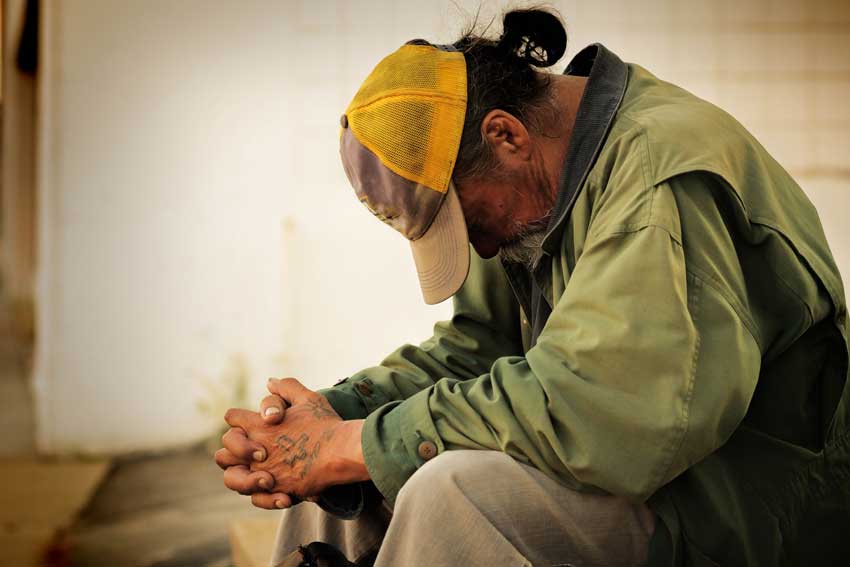
Catholic leaders are calling for the Federal Government to address the rising number of Australians struggling to pay their rent.
The Productivity Commission’s latest report found the number of low-income households in rental stress has doubled in the past two decades, with the fastest growth in households that include at least one person aged over 65, an Indigenous person or a person with a disability or long-term health condition.
It found that two thirds of low-income renters in Australia are in rental stress, defined as spending more than 30 per cent of one’s income on rent. Rising house prices and a decline in the availability of social housing means that more of us are renting and for longer periods and often struggle with rental affordability, the report said.
More than 1 million low-income households (2.65 million people) rented in the private market in 2018, a figure that has more than doubled over the past 20 years, with 170,000 having less than $250 available each week after paying rent.
Vinnies National Council CEO Toby O’Connor said the report’s figures were “disheartening”.
“We work every day with those in rental stress and we know that affordable, safe and secure housing is just not accessible for many low-income households,” he said.
“Australia is a wealthy country, 170,000 families should not have to live on $35 a day or less after paying their rent.
“We know, from our own research, that housing instability is the most significant driver for people making repeated requests for assistance – for each change in address, requests for assistance increase by 26 percent.”
Vinnies is calling on the Federal Government to increase the Newstart allowance, increase funding under the Commonwealth Rent Assistance scheme, develop a national strategy to tackle housing affordability and homelessness and commit $10 billion to establish a social housing growth fund.
Chair of the Australian Social Justice Council Bishop Vincent Long OFM Conv condemned the plight of “who were battling to keep the roof over their heads, wondering if they can make the next rent or mortgage payment”.
Speaking last year when the Australian Catholic bishops’ social justice statement Bishop Long said that “often these are people who are employed but whose income is barely enough – or not enough – to keep themselves and their families housed and fed”.
“Housing is a human right, asserted by documents like the UN Declaration of Human Rights and by the teachings of our Church.”
“It’s an essential entitlement for all people to meet their basic needs, flourish in community and have their inherent human dignity affirmed and upheld by others.”
Commissioner Jonathan Coppel said that poor rental housing outcomes are a “key driver of disadvantage” and said there was merit in looking at raising rental assistance and income support payments.
Additionally, around one in five moves are involuntary as a result of landlord selling their property, with the costs of eviction particularly high for vulnerable households, he said. “Having 30 days to find new accommodation if you are elderly or have family responsibilities can be very difficult.”
Related article:
